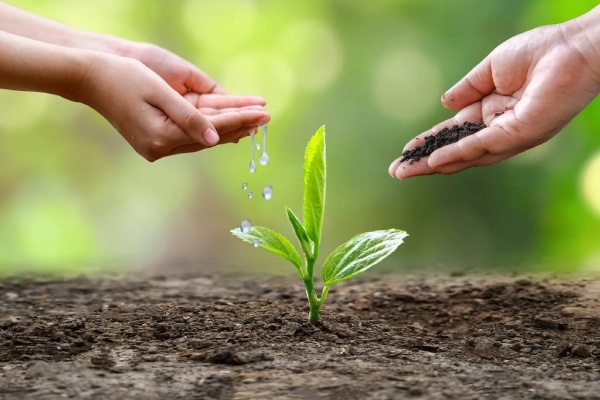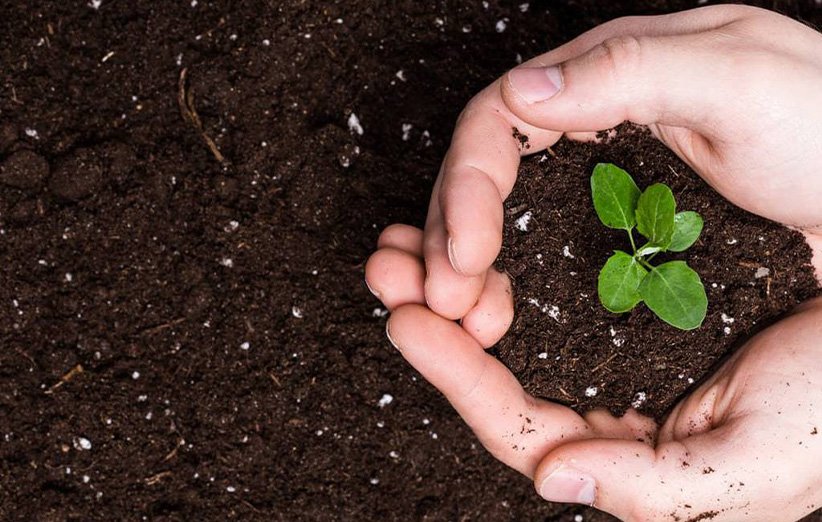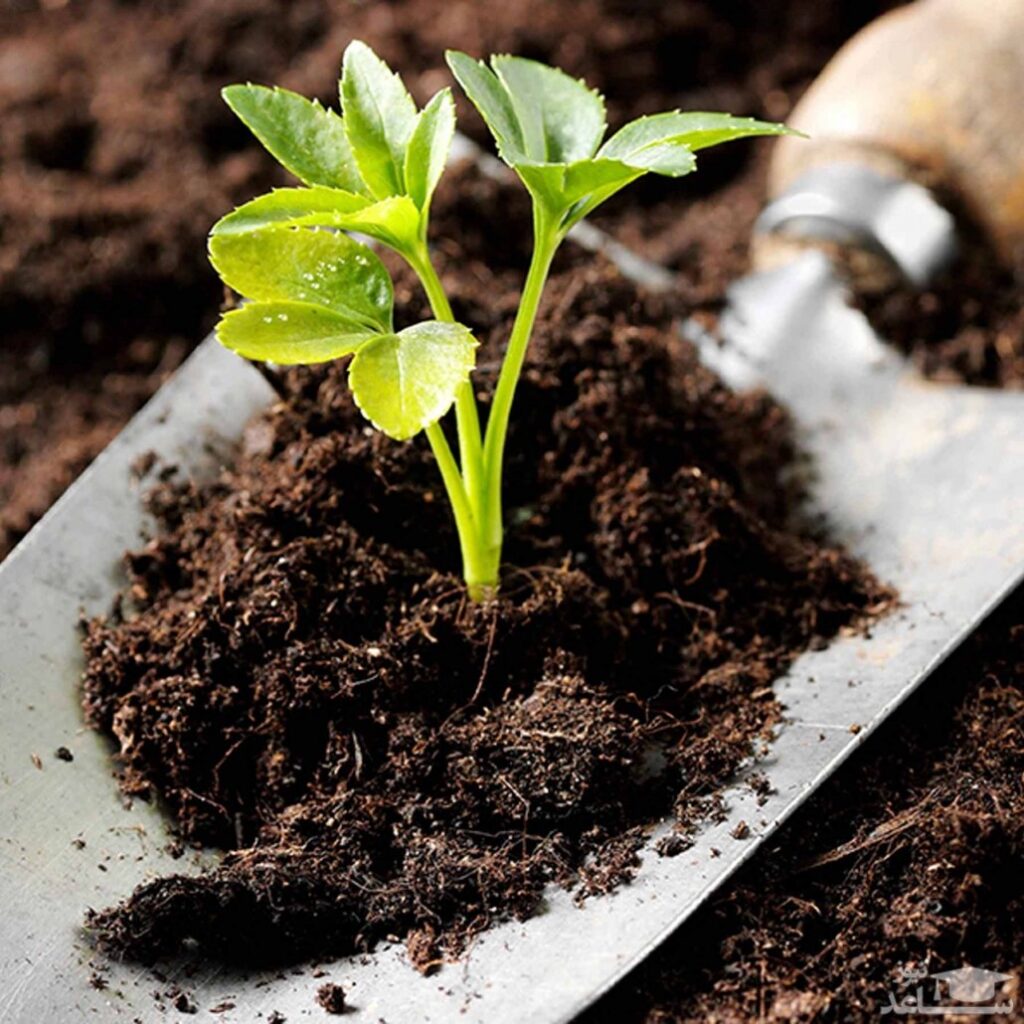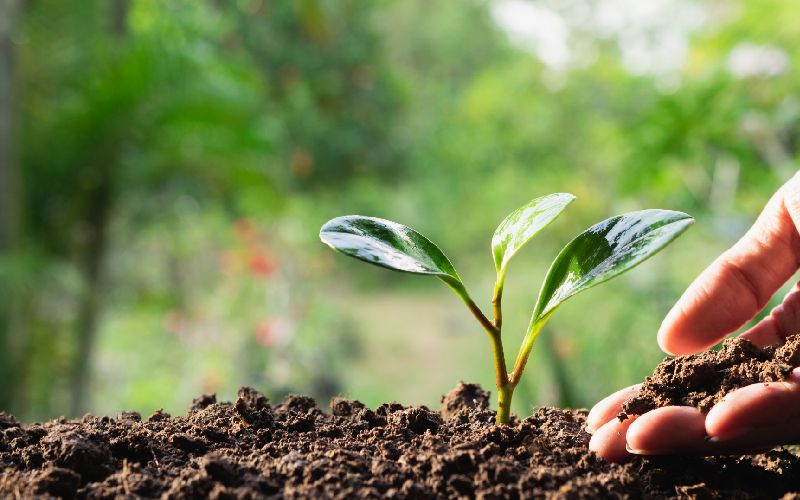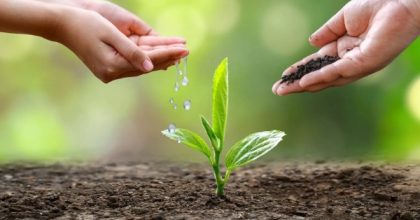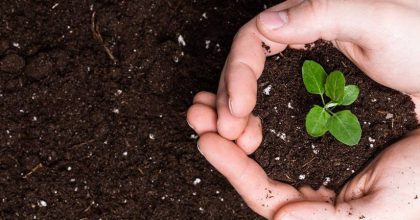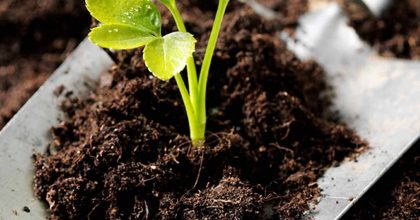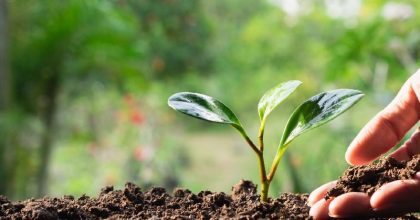Organic fertilizers are produced from various materials derived from fresh or dried plants, as well as animal manure and agricultural by-products. Organic fertilizers easily decompose and have diverse nutrient contents.
One of the differences between organic and chemical fertilizers is that the nitrogen and phosphorus content in organic fertilizers is significantly lower compared to chemical fertilizers. Moisture content is another factor that reduces the concentration of nitrogen and phosphorus in organic fertilizers.
For organic gardeners, creating a living soil rich in humus and nutrients is key to excellent fruit, abundant vegetables, blooming flowers, and healthy ornamental trees and shrubs. Fertility and vitality of the soil lie at the heart of organic gardening instead of using chemical fertilizers as a quick fix.
Difference between Organic and Chemical Fertilizers
Many organic materials act as fertilizers and soil builders, nourishing both the soil and plants together. This is one of the most significant differences between the chemical and organic approaches to soil care and fertilization.
Chemical fertilizers contain mineral salts that plant roots can quickly absorb. However, these salts are not a food source for soil microorganisms and earthworms, and they even harm soil organisms by acidifying the soil.
Over time, soils fertilized solely with chemical fertilizers lose essential organic matter and living organisms that contribute to building quality soil. With a decrease in soil structure and water retention capacity, more chemical fertilizers are used and leach out of the soil. This issue, in turn, necessitates increasing amounts of chemical stimulants for plant growth. Using organic fertilizers helps prevent soil from reaching these critical conditions
Further Considerations
Additionally, the manufacturing process of most chemical fertilizers requires non-renewable resources such as coal and natural gas. Some are synthesized using materials found in rocks that are dissolved by acids to make them soluble. Fortunately, organic fertilizers made from natural plant and animal materials, or minerals found in rocks, are increasingly available in the market. However, distinguishing organic fertilizers from chemical ones based solely on national standards can be somewhat complex, so it’s challenging to be sure that a commercially labeled organic product is entirely safe and natural. Therefore, look for products labeled as natural organic, which decompose slowly and have low persistence.
How to Use Organic Fertilizers
If you’re a gardener looking to replace chemical fertilizers with organic ones, you might fear that using organic materials is more complicated and challenging than using chemical fertilizers. However, mixed organic fertilizers can be just as suitable and effective as synthetic fertilizers. Also, there’s no need to feed your plants organically unless you have specific organic production goals.
Products like low-water organic compost pellets, liquid seaweed, and fish emulsion are suitable organic fertilizers for home plants. However, due to the strong odor of fish emulsion, it should not be used indoors, but it’s suitable for outdoor spaces and garden plants.
If you want to cultivate a specific plant, you can use various organic fertilizers designed for tomatoes, roses, grafting, grass, heavy flowering, and even fruit orchards.
You can also create custom mixes to meet your plants’ specific needs. For example, chicken manure compost or fish food as nitrogen sources, bone meal as a good phosphorus source, and seaweed or vegetable sources as organic potassium sources can be combined in different ratios.


